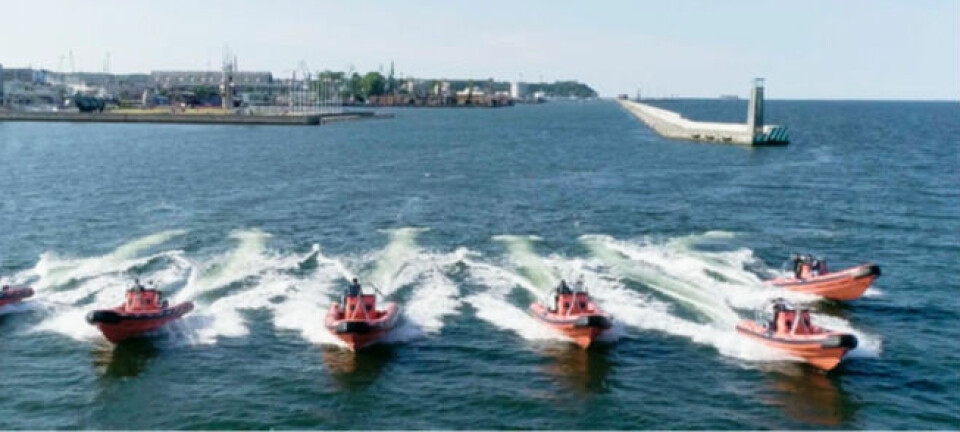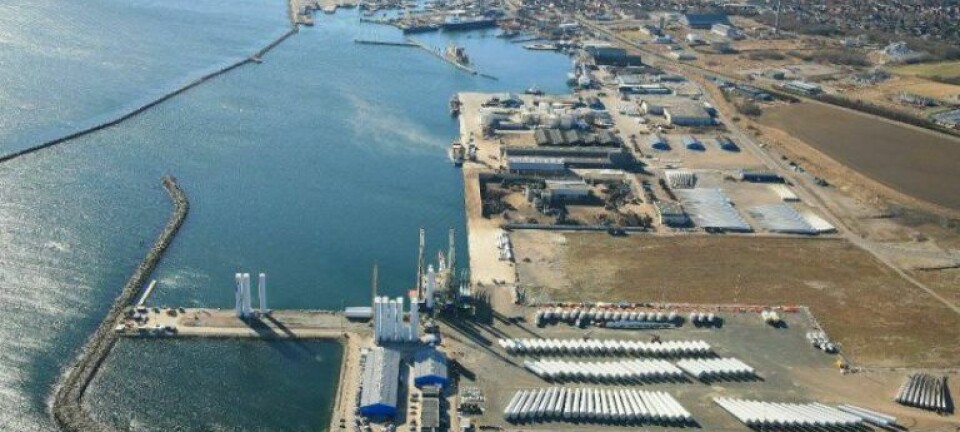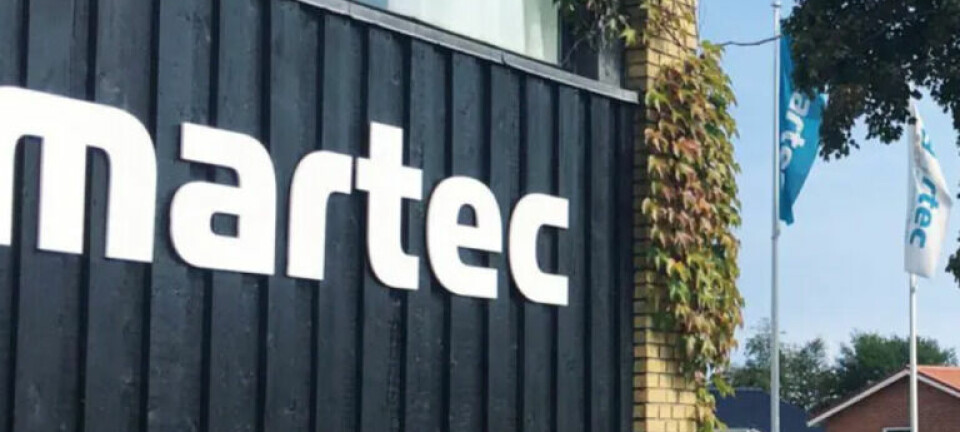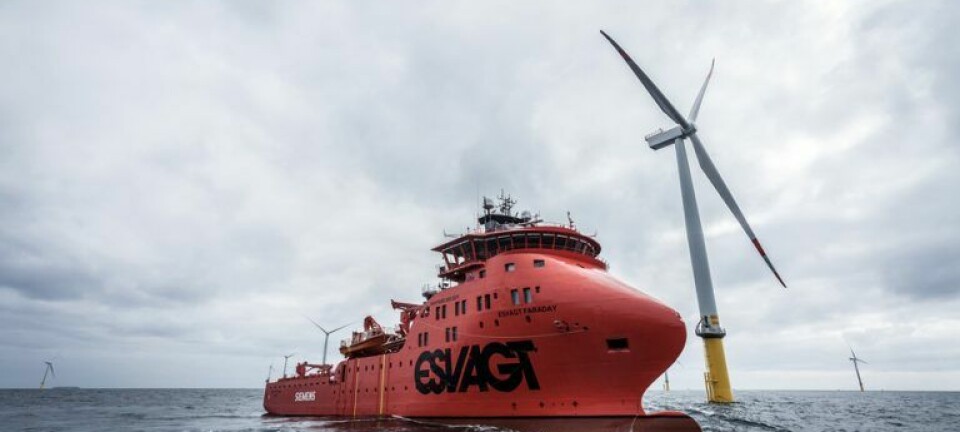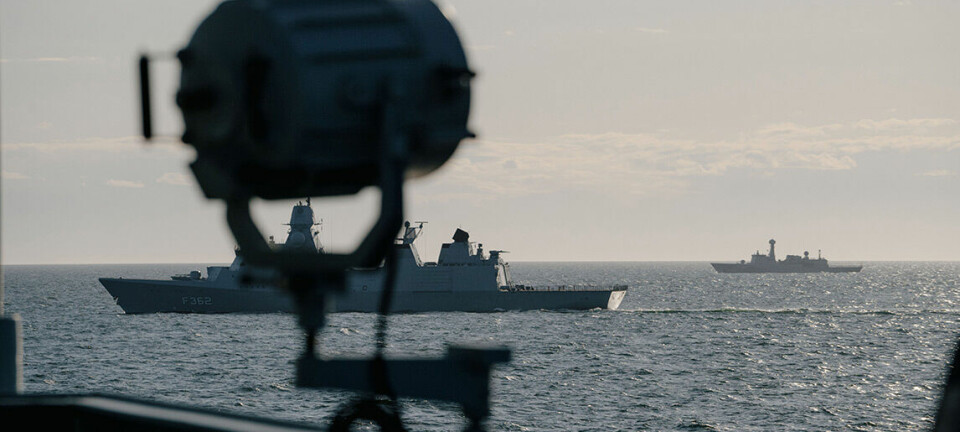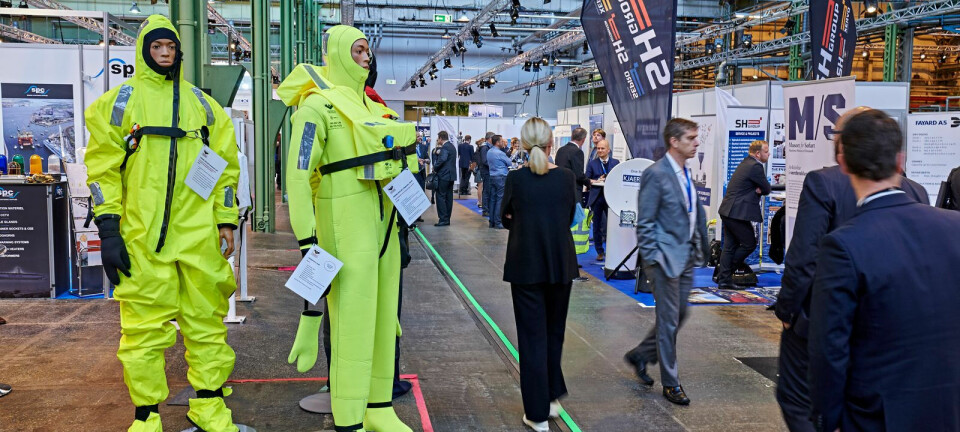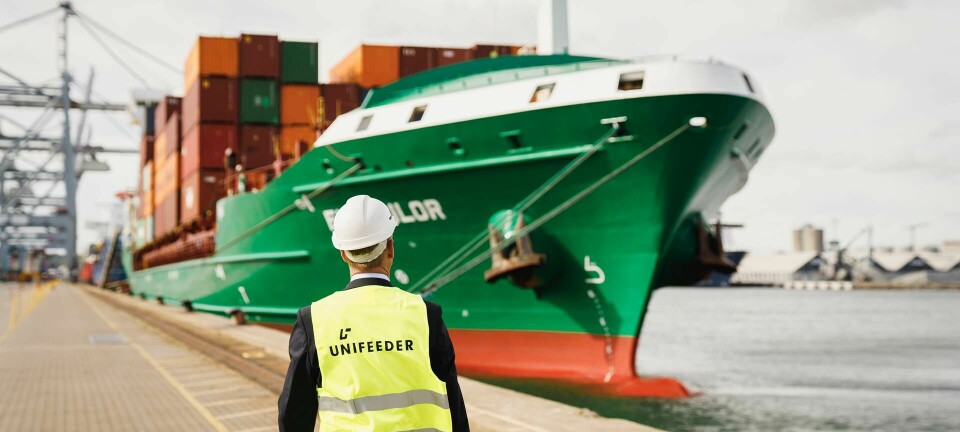LNG shipping rates from the United States hit highs amid Asia buying
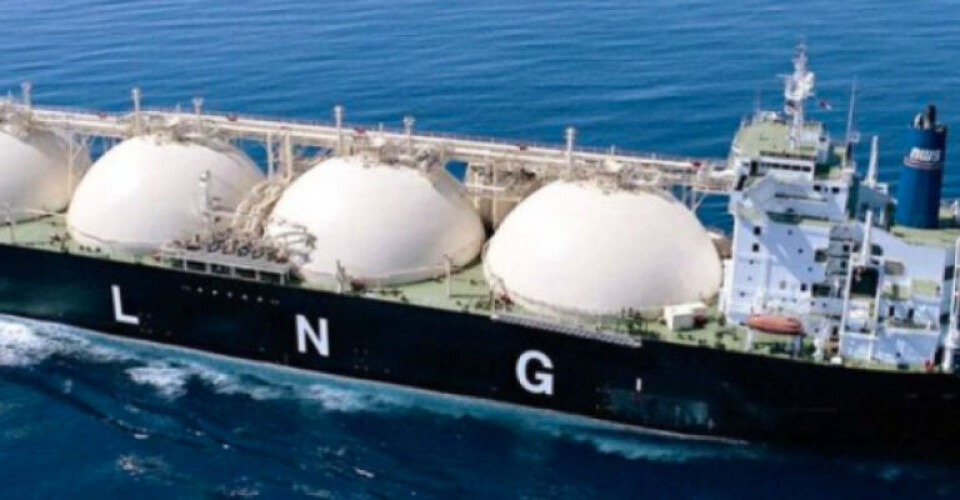
Shipping costs for liquefied natural gas (LNG) from the United States to Asia has hit a record high price-point earlier this week.
By Michael McGrady, Maritime Direct Americas Correspondent
Due to freezing temperatures across Asia and Europe, especially through northern passages, have pushed LNG prices to new highs and has lifted gas prices more widely as buyers are dealing with inventory shrinkage and the shortage of required tankers.
Data from the Panama Canal also notes that the delays and shortages have been reduced from the number of ships for hire, including the transport of LNG resources to buyers.
A ban on Australia coal imports into the People’s Republic of China has also been reported by state Chinese media outlets have also led to increased demand among buyers in China for LNG tankers to carry their cargo to Asia from North American sources.
Because of these events, daily tanker rates have surpassed costs.
Cost increases
Thomson Reuters wires report that daily tanker rates on shipping between the U.S. Gulf of Mexico and Japan rose to at least $253,270 on January 12.
Other data Reuters cites, via the Baltic Exchange, found that this rate a day at the end of last year was reached with $174,000 a day.
LNG tanker rates from the Gulf of Mexico to Europe have also softened to $310,691 a day, compared to an upper high of $320,000 a day the week before.
Canal delays and weather
Other data says that delays through the Panama Canal have also been compounded by weather disruptions and that LNG traffic is essentially backed up due to these various roadblocks.
Despite these challenges, BP’s chartered LNG vessel Abalamabie reached costs of $350,000 per day, which is a new record.
According to American Shipper, this cost is the most expensive cargo-ship charter in industry history.
The only other record of $300,000 per day peak that was surpassed happened in the very large crude carrier segment.

